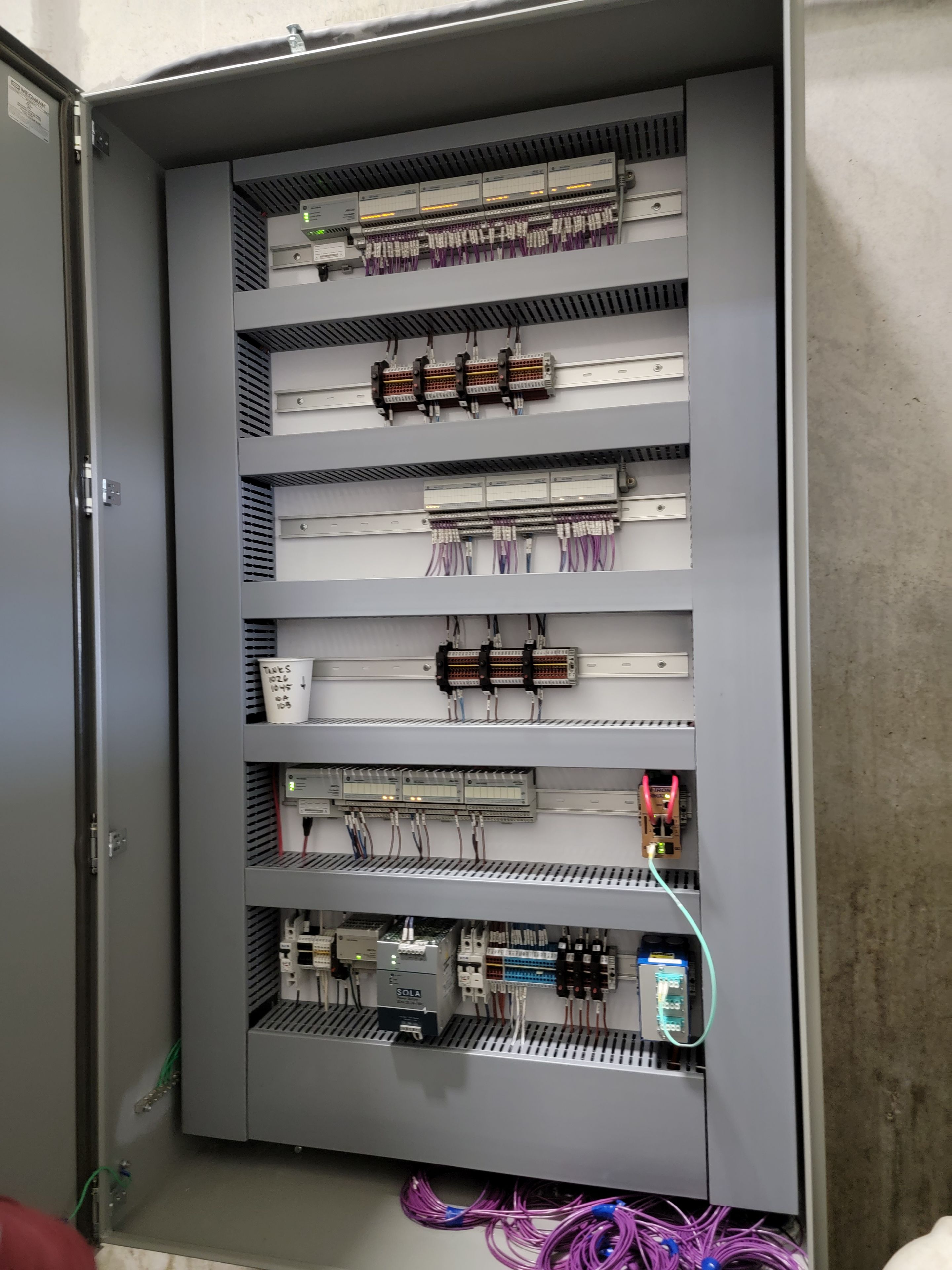From enterprise IT infrastructure to precision 3D printing in a spectrum of colors, we combine technical expertise with creative innovation to deliver exceptional results. Whether you need professional IT consulting or custom 3D printed solutions, we bring your vision to life with precision and quality.
Email us: info@cyber-viking.com









